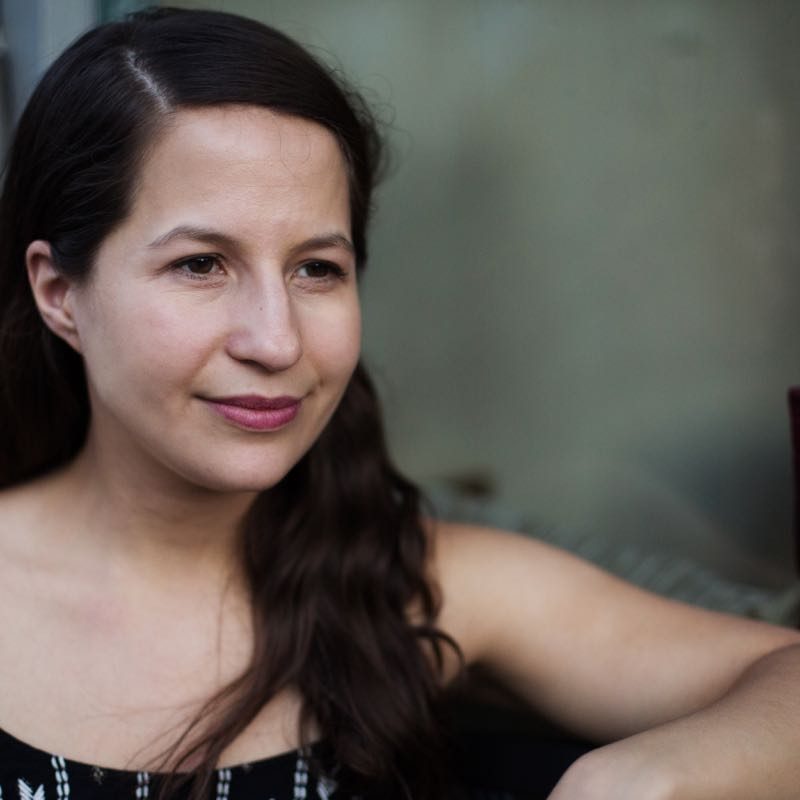An Interview with Shaina Taub
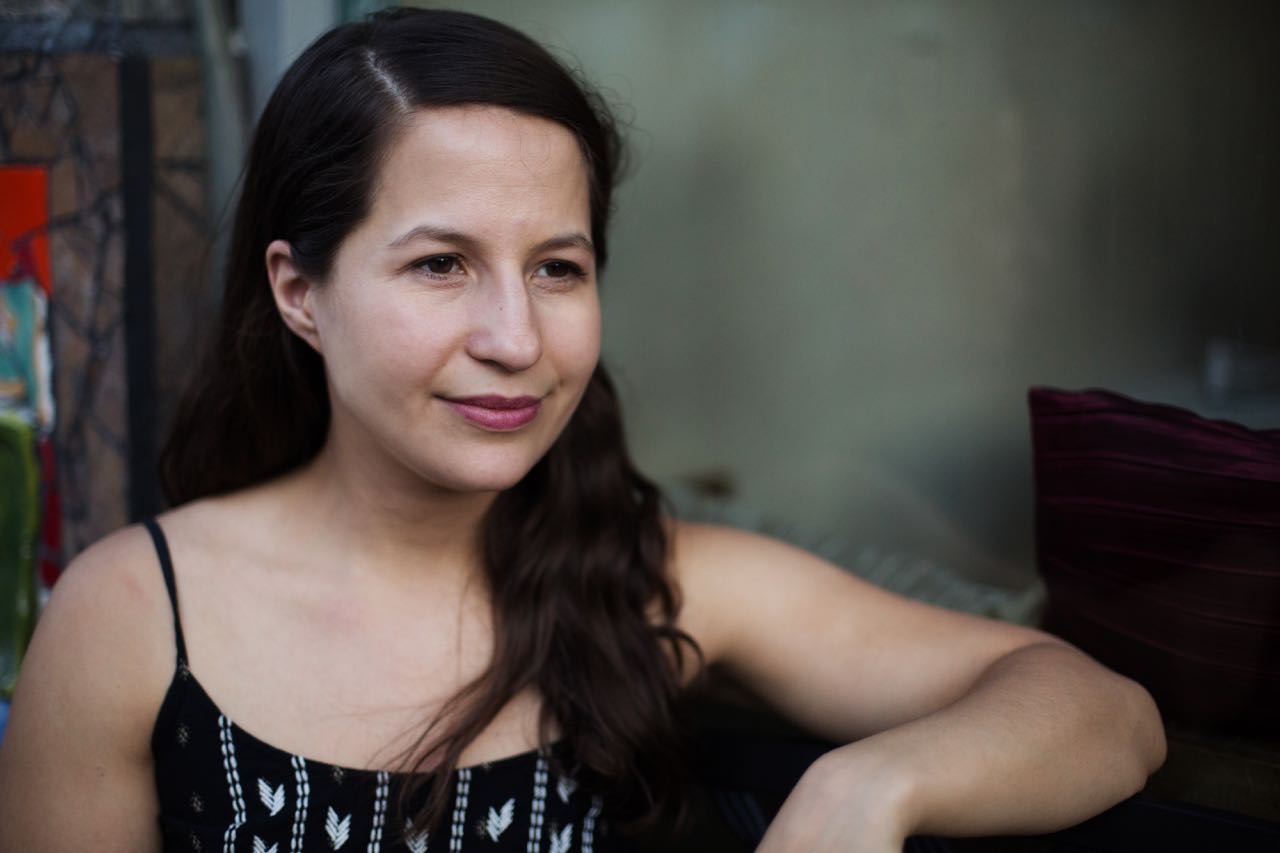
Written by Victoria Myers
Photography by Tess Mayer
August 22nd, 2016
Public Works, a program of the Public Theater, is quickly becoming one of the summer’s most exciting events. Started in 2013 by director Lear deBessonet, Public Works pairs with community organizations from all over the city, along with professional actors, to perform in an adaptation of a work in the public domain. This summer from September 2nd – 5th, Public Works will be presenting Twelfth Night, and for the first time the adaptation and composition will be done by someone not part of the original Public Works team of Lear deBessonet and Todd Almond. This year the task falls to composer Shaina Taub. It’s already been a busy year for Shaina—she wrote and performed songs for Old Hats at the Signature Theatre, she performed in Hadestown, and she released an album of original music, The Visitors. And now Twelfth Night, where she’s composing a score that will be performed by hundreds and for thousands. We talked to Shaina about her process for adapting and composing Twelfth Night, and her next project, a musical about the women’s suffrage movement.
Let’s start at the beginning. Where did you start for Twelfth Night? They asked you to do it, and then…?
Yeah, I was commissioned to do it. Lear deBessonet, who’s just a huge hero of mine, called me. I’ve known about the Public Works program—I’d seen The Tempest and I loved it so much and loved what it was about—so it was sort of just one of those dream calls where immediately I was like, “Yes, absolutely.” Twelfth Night was a given [already chosen by The Public]. First I just got to know the play.
Were you very familiar with the play?
Sort of surface-level. Like I knew about Viola and I knew it was about being dressed as a guy and I knew they were twins and I knew Illyria, but I didn’t know it intimately at all. It was nice to be able to come to it fresh and have it be a Shakespeare play that I didn’t have a prior relationship to in any way, or I hadn’t seen any kind of production of that stood out. I didn’t have anything in my head about it, which was nice, and I’m not familiar with all the other various fictionalizations or scores that have been associated with Twelfth Night in the past, which was good. I feel like if it was like, “Will you do Romeo & Juliet?” I would just firmly be like, “No,” because West Side Story would just be staring me down every time I sat at the piano. So it was nice to be able to come to it fresh.
How did you start thinking about it? It’s Shakespeare, and people always choose different time periods to set it in and all of that.
I was co-paired with the director Kwame Kwei-Armah, who’s the artistic director of Center Stage [in Baltimore]. He’s directing the production, and we were put together to do the show and adapt it and for me to write the score. It was a combination of thinking of what my take was going to be on it, but also keeping the community in mind is such a specific task. It’s one thing to say, “musicalize Twelfth Night,” it’s something else to say, “make Twelfth Night work as a 90-minute musical with contemporary language in the songs, but Shakespeare language in the book scenes, and justify 100 people on stage in addition to 4-6 guest cameo groups who are virtuosic at very specific skills, like kung-fu fighting or can-can dancers. Then you can pick five characters that are going to played by Equity actors, and the rest of the characters will be played by non-professional community members.” It felt like odyssey of the mind or something—here’s all your ingredients and now put it in a pot and make it work. That made it fun to have all those factors at play and just make sure that everything was serving the community members and trying to make something that would resonate for them. How can we take Twelfth Night and make it resonant for this community of a hundred New Yorkers from diverse neighborhoods all over the city? Why is Twelfth Night something they should care about? What is the way in?
When you’re working within all of those constraints, do you start with one big idea that you then see if it could work for all of those parts?
For this, there were so many practical concerns. Making the music for Public Works is a unique process in making a musical because there’s a lot of givens. There’s your creative track about how I as a composer/lyricist/writer/adapter want to deal with Twelfth Night, and then all the many things to keep in mind to make it work for this one very specific production. To me, that was a nice combination of the creative free reign and also the hard bullet-point givens of what we were working with. It was a nice combo. First, it was about making a cut of the text because Twelfth Night is probably like three hours usually, and we have to make it 90 minutes and make room for the 21 songs. It was a matter of cutting the text and then going through and popping out the song moments. Also, just figuring out what the approach to each character was going to be, and what was particularly exciting to me was, what’s my way into Viola, the Shakespearean female heroine from a 2016 female perspective. Especially a story that’s so bound up in gender and this woman who experiences the world both from the female and male perspective, and how that relates to how she feels empowered. That was really exciting to me to try and dig deeper than, dare I potentially say, Shakespeare dug with her.
I think it’s fine to say that.
That was also the thing, because I went in being like, “Oh God, well it’s Shakespeare,” can I collaborate with him? Part of the process was getting into the place where I felt like I could sit at the table with Shakespeare metaphorically and spar dramatically and come up with moments that weren’t in the play that I wanted to explore musically, and even sides of the characters that maybe weren’t a part of the initial play that were me interacting with it. To me, growing the confidence or giving myself the permission to mess with the Shakespeare was the most fun part of the process.
With works that are public domain, there’s that weird thing of figuring out what that line is between adaptation and when you’re basically just rewriting it. And it’s a process that I don’t think is taught that much.
I didn’t formally study composition. I didn’t go to school for writing and I feel like what I’ve tried to do is just construct for myself an informal grad school through mentorship and just some learning on my own. But I did take one kind of creating work class in college with Liz Swados and it was called Performance Composition and Adaptation. [When I first heard about it] I remember being like, “What does that even mean?” It was late at night in my dorm room with [director/choreographer] Sam Pinkleton. I’d signed up for a playwriting practicum because I was like, “Maybe I want to write.” I went to it and I was like, “I don’t want to write a play. I’m getting out of this class. I don’t want to write a play.” Sam was like, “Come to Liz Swados’ class with me. It’s Performance Composition and Adaptation.” I went to it and I was like, “What is adaptation?” She’s like, everything is an adaptation. You could adapt the way someone walks or you could adapt a Shakespeare play or a myth or the person you saw on the street. This idea of thinking of everything through the lens of adaptation is one I’ve always held onto.
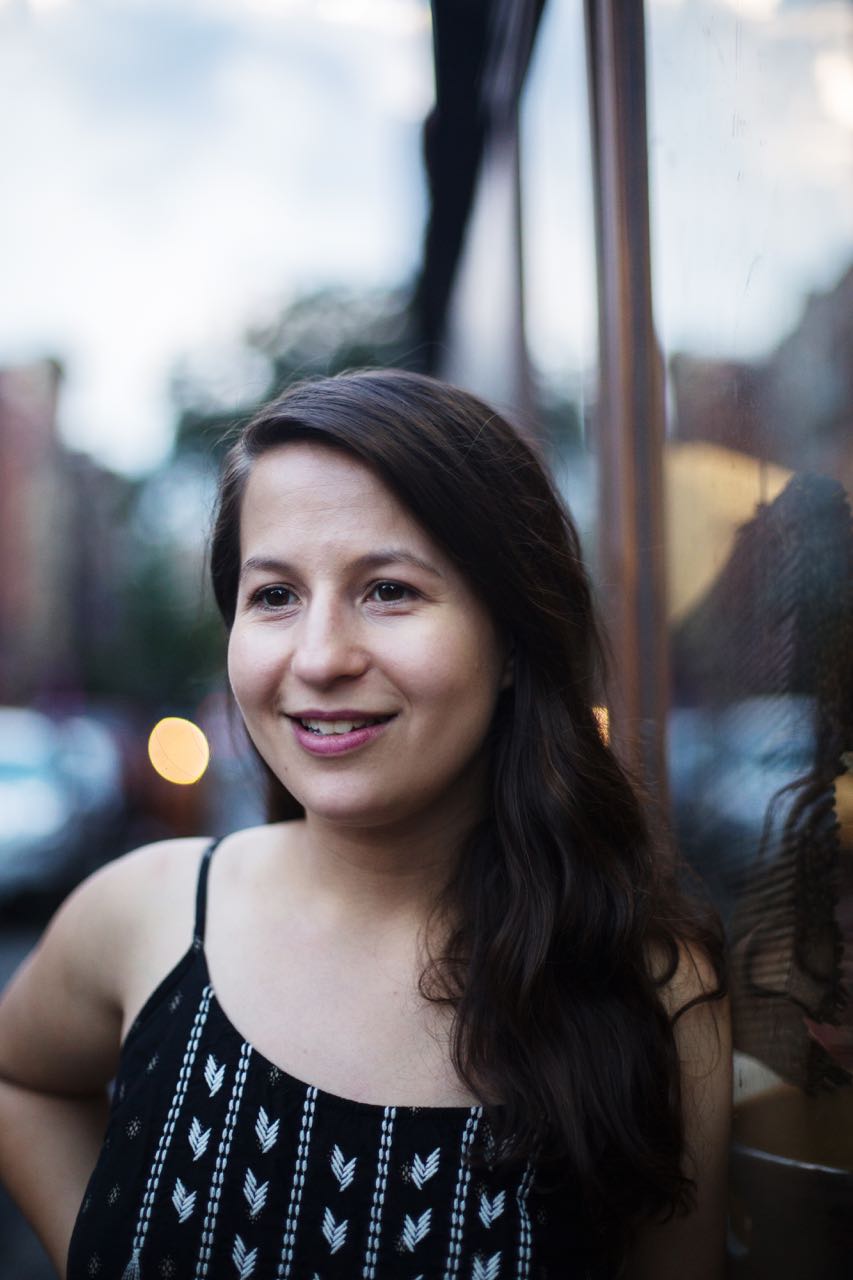
When you sit down to write, where do you start?
It depends. With the theatre stuff, it starts with the moment and what the song needs to accomplish and what it needs to do. For instance, the character Malvolio in the play has a moment where it’s so perfect for a musical because he’s just walking and being like, “I think Olivia might fancy me. I think she does. And if we were to marry, she’s the Countess so I would become the Count. I would be Count Malvolio.” It’s just this classic “[If I Were the] King of the Forest,” “I Wanna Be a Producer,” fill in the blank moment. I was like, “Great, so it wants to be this song: ‘What if I was Count Malvolio? Oh imagine, imagine, I could be Count Malvolio’.” I won’t go into the plot of Twelfth Night, but he finds this letter that’s a trick that basically leads him to believe that that fate might be possible for him. The second half of the song is like, “I was right! I was right! I’m going to be Count Malvolio!” It’s like, all right, that’s the moment. What I did is I would put the Shakespeare text of the monologue, or the bit that I was going to turn into a song, and then I would also put the no-fear Shakespeare version of it below. Then I would just start to cut away and turn it into how I would say it myself or how I thought a more contemporary Malvolio might say it. I often start with the lyrics, but then I was like, “What style would be right?” I think Malvolio wants a big classic show tune. He lives in a musical, he just wants to feel like a Broadway number, so that, stylistically, led the way.
When you’re doing other songs that start to change stylistically, how do you make sure that they all feel like one show and one world?
Twelfth Night was such a fun way to go all over the map musically, because what works well with a Public Works musical is to set it not in one specific time and place. Our Twelfth Night is set in a city much like New Orleans, but it’s not New Orleans, but it’s a city on the water where there’s music everywhere and parades constantly. Our show begins with a jazz funeral, but it’s not literally New Orleans. It’s generally contemporary but it’s not necessarily 2016, because what works about that lack of specificity, which I feel like in other musicals might be irresponsible or lazy, for Public Works, you have all these hundreds of community members from different backgrounds; but in Illyria, in this fictional time/place, no one’s an expert. No one knows what it’s really like on the streets of Illyria. Illyria is a world that we are coming to together and, to use a piece of language from Public Works because it’s just so great, is the show is a radical proposal to humanity of a unified city. So Illyria is like, what if we did all live in harmony together? It’s a powerful thing to see a hundred people singing and dancing on the Delacorte stage from all over New York. Since it’s not one specific year, one specific place for the Illyria we’ve made, I can kind of play around. Not that you can’t do things where you juxtapose style and period, and obviously that’s been done incredibly effectively in things like Hamilton and a lot of other amazing musicals. I felt like I could really go all over. The first song is a very New Orleans style song that’s for this jazz funeral for Olivia’s brother, so that’s very much in that tradition. Then there’s a soliloquy called “If You Were My Beloved” that is kind of like a Motown vibe. It stylistically goes all over, but then as I was creating the score, it’s just making sure that melodies come back and lyrical trains come back.
Composing always seems a bit like magic to me.
I think part of it too is I really, for this specific project, Twelfth Night, I wanted to make songs that felt really sing-able by over a hundred people, some of them with a lot of experience in music, some not. I believe everyone can sing. I believe in that school of thought that talent isn’t something that you have or have not. I’m quoting Oskar Eustis now who just said this in the room yesterday, that talent is a continuum and everyone falls somewhere on it. It’s not for some people to have and for some people to have not. Music is something that everyone can own. I wanted to make melodies for the show that felt sing-able and felt accessible and melodic and without at all, in any way, being dumbed down or simplistic. My favorite melodies and my favorite composers, they make the songs that latch in your head. Trying to find things with real hooks that could root for this big of a group.
Also, it’s rare to have the opportunity to write for that many people.
There’s nothing more thrilling. We were running a song yesterday and I’m just falling in love with these community members too, in so many ways, and just learning about them and getting to know them and hearing a hundred people from all over New York sing something I made. It’s definitely one of the most profound things I’ve ever had happen.
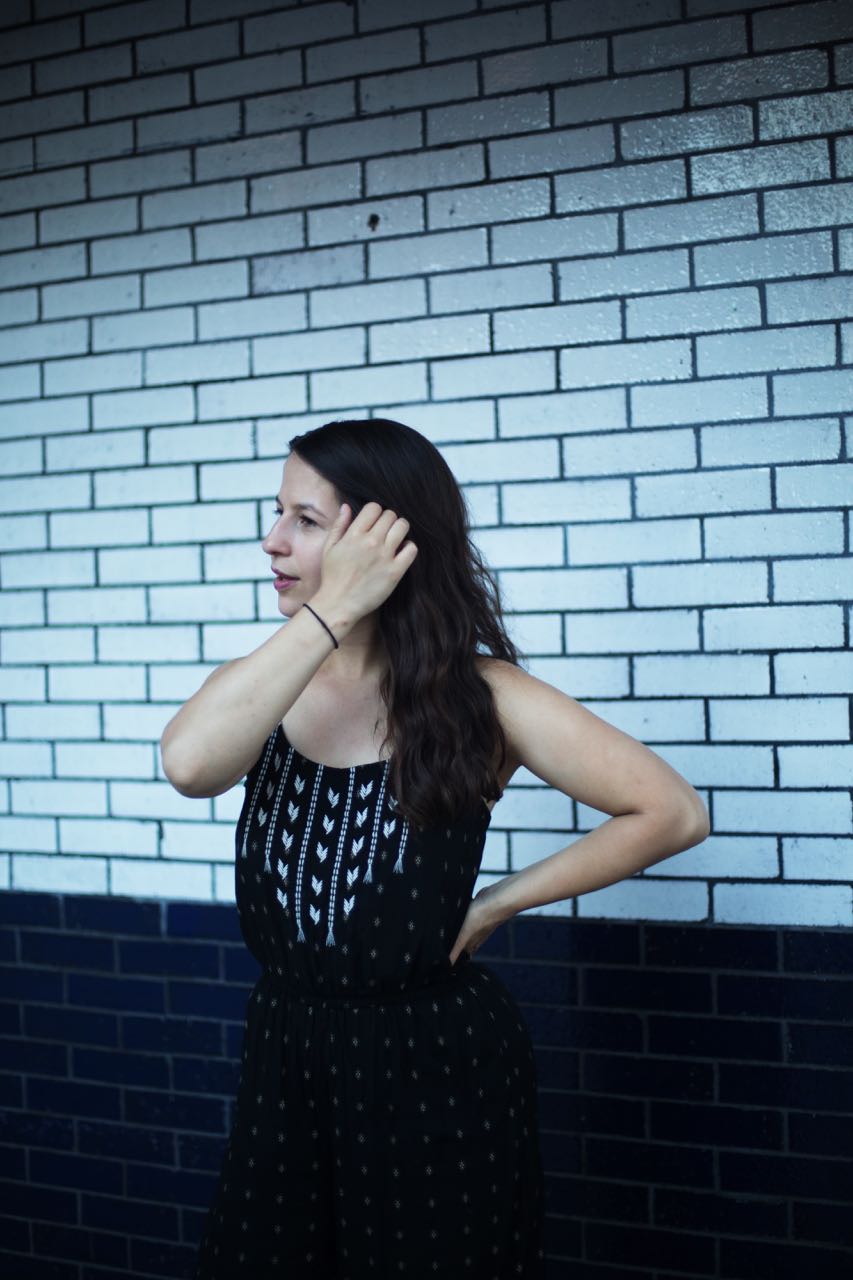
You’re also in the production.
I’m in it, too. I’m playing Feste, the fool.
Does that make it harder or make it easier?
I love it. I love performing and writing, and I like to do them separately and together, but when it’s together, the fun factor is great. I feel like for Twelfth Night, there’s an element of my role that is kind of like traffic director in a way. Having me on stage is helpful just because there’s so many people and groups, it’s a wild pageant. Just being able to be in the center of it all, besides being thrilling for me, is just a way to to facilitate. I’m just trying to enable.
Do you think about it differently when you know you’re writing for yourself in a show?
I think I had to remind myself to write for myself. I think there was a tendency with my character, when I was working on it, of being like, “Well, I don’t need to do anything,” and just wanting to make room for everyone else. Then looking back in rewrites and being like, “Well, my character does need…” It’s almost the opposite of overwriting for yourself. I think I wrote myself down as a way of being, “I don’t want to be…” Then I was like, no it’s alright to write a moment for myself, that’s okay and it’s good. It’s not an ego move.
I feel like that’s such a girl thing.
It totally is. I was encouraged by the Public and by my collaborators not to do that. Now, coming out the other end of that, I feel really excited about the moments that were built in for me to do. It just feels like an honor to share the stage with the community members, truly. That’s not just a thing to say—to be on stage with them feels like an honor.
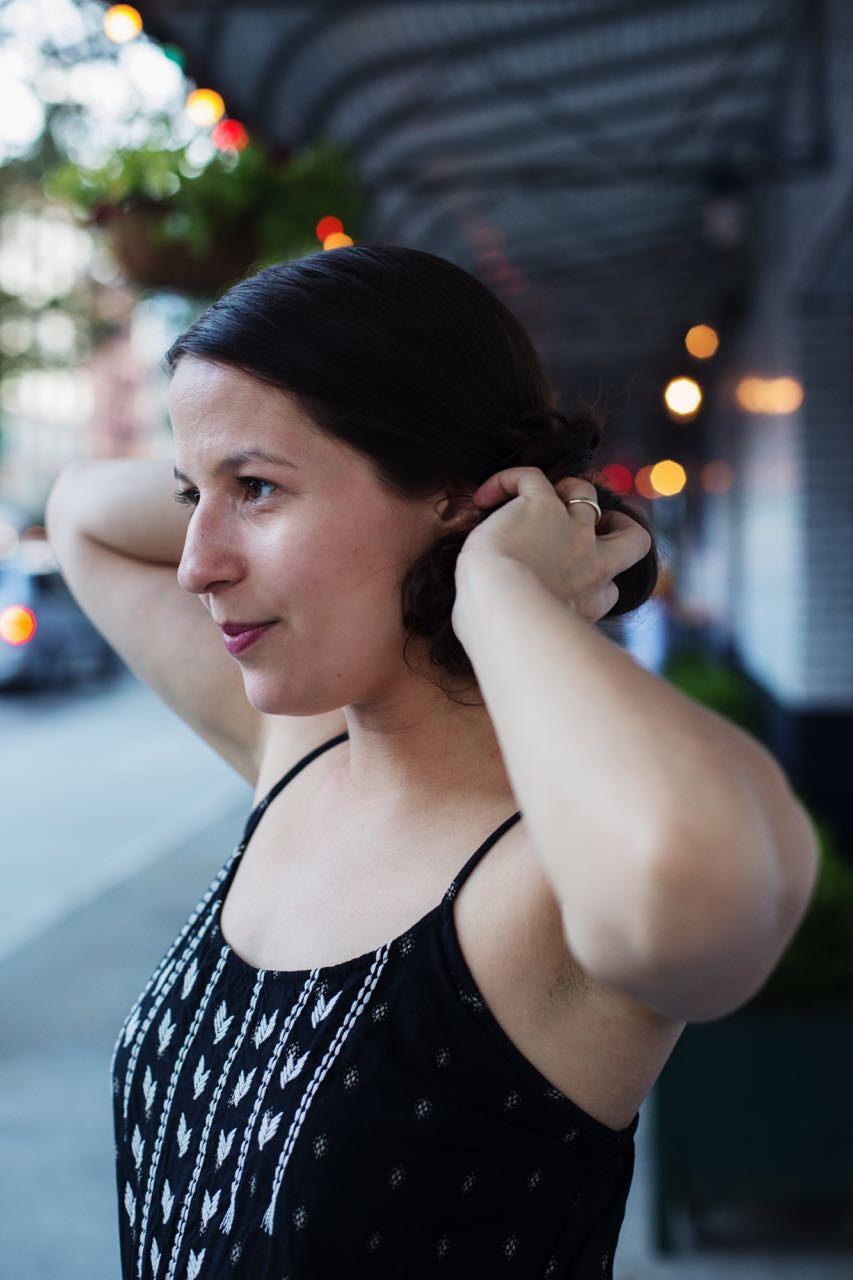
When did you start playing piano?
I think second grade. Seven or eight. Around then. And I had this amazing piano teacher in rural Vermont named Joan Bach Foster. She had like eight pianos in the studio and she also trained pugs for dog shows. I always associate playing piano with pugs around my feet. It feels very normal to me.
Growing up, did you write stuff just for fun? Did you do the putting on shows in the backyard thing?
I was always performing. I was always in dance class and always did the school play and school musical and I went to theatre camp and was all about singing, dancing, acting, performing, and I played piano too. I was sort of a closet writer. I didn’t start writing in earnest until I took that class in my sophomore year in college with Liz Swados. Even then, I don’t think I ever actually considered it a real center of what I wanted to do with my life until after college. I think, looking back, now that I am a writer and I’ve been doing it for a certain amount of years since college, I look back and I was. I think I was writing little songs and little things, but I was always so goal-oriented and so motivated and really intense from a young age that I thought of it as this procrastinating distraction. I was like, “That’s just your fun thing on the side. Let’s get back to it and audition for the show.”
I feel like our generation is the last group to kind of be compartmentalized in a certain way.
Like you do this. This is your thing. You’re the center role.
Yeah, kids who are in college now or right out of college now, there are so many more examples of people who are doing multiple things at the same time and not having to pick.
I hear that completely and just creating my own work. I didn’t really realize it was an option, I guess. I grew up as a great lover of musicals and coveted my cast albums and was that kind of person. Musicals felt like this thing that just came fully formed from the North Pole. Like they were done. They were musicals with a capital M. The thought of process… I just couldn’t fathom it because I didn’t work on new works growing up. We just did Pippin and West Side Story and Oklahoma and Annie. I think when I realized that things were made, when I got to see the factory, when I came to New York, I was like, I want to be in the factory.
I think the Internet has made a difference there. We had it, but not quite in the way it is now at all.
I feel like now when I meet high schoolers who are writing or starting to write I’m like, do it, do it, do it! Please, that’s great! Or the little bit I’ve done with college students when they’re acting majors who are also writing. And look, not everyone has to write, but if you have that little impulse inside you, no matter how small, follow it. I did not think for a second in college when I was just starting to write, even in Liz’s class, that it could really be a serious career path.
You mentioned earlier about making Twelfth Night contemporary in terms of gender roles, which is a big part of the play. Let’s talk more about that.
My take is, Viola grew up with this twin brother, Sebastian, and Sebastian is the popular kid at school, girls are fawning over him, he’s a sports star, tough guy, everyone idolizes him. She’s a little quieter, a little more reserved, hasn’t had any kind of sexual experience yet, hasn’t really found herself. Then they get separated in the shipwreck and she’s alone in a new place. What does she do? Kind of ignoring the technicalities of the plot, she thinks she lost her brother, and her vision and what she knows of power is him, so she dresses like him and takes that on. In the process of the hijinks that ensue, she falls in love, she gets fallen in love with, she gets in a fight, she intimidates people, she charms people, she, all of a sudden, has this newfound power. The first moment you have alone with her, she’s like, “Whoa, I feel this brand new thing. Is it the clothes? Or is it me? Or is it some combination thereof?” One line in her soliloquy is, “am I more myself when I’m not myself at all.” It’s her trying to reckon with if she needed to channel her brother or if it was inside her all along. As you can probably guess, she realized it was inside her all along. Which feels so obvious at the end. I feel like we’ve all been through that. Any time I’ve ever felt empowered or like I really nailed something and did it great, it’s only after the fact that I’m like, “Yeah, I was capable of doing that. I have that in me. I deserve that. I’m proud of myself and I did it well and it’s because of the hard work that I did,” but on the front end, sometimes it just feels like it’s got to be something else. You’re like, “Oh I’m a fraud,” or, “They think I was good because of this other reason,” or, “They thought my band members were really great, my drummer was really on so it made my song seem better.” All the excuses you make for why someone thought what you did was good.
Again, I think it’s very common among girls to do that a lot. It’s interesting, all these conversations they’ve been having recently about the whole strong female lead thing and what that really means in terms of actually letting female characters have an arc. Not necessarily over correcting and simplifying something the other way.
Exactly. To me the point is, it’s never black and white with anyone. I am a confident person who feels like I work very hard and I feel proud of myself when I do well and I feel like I have a lot to bring to the table. Then I also have huge insecurities and doubts and fears and worries. We all have them both. We all have both tracks running simultaneously. No one is one or the other. To me, it’s as false a portrayal of a woman to portray her as the strong warrior or the infallible princess as all the female stereotypes we go against that are weak. It’s about making a fully-drawn character, so I tried my best to give Viola a comprehensive journey. One thing I love is when we finally get a moment alone with her brother, we hear from him, “Oh my sister’s the one who’s always so great at everything and now I’m alone and I can’t…” He feels the same about her. The way we view ourselves is often so incongruous with how we are viewed by people who love us and the communities we’re a part of.
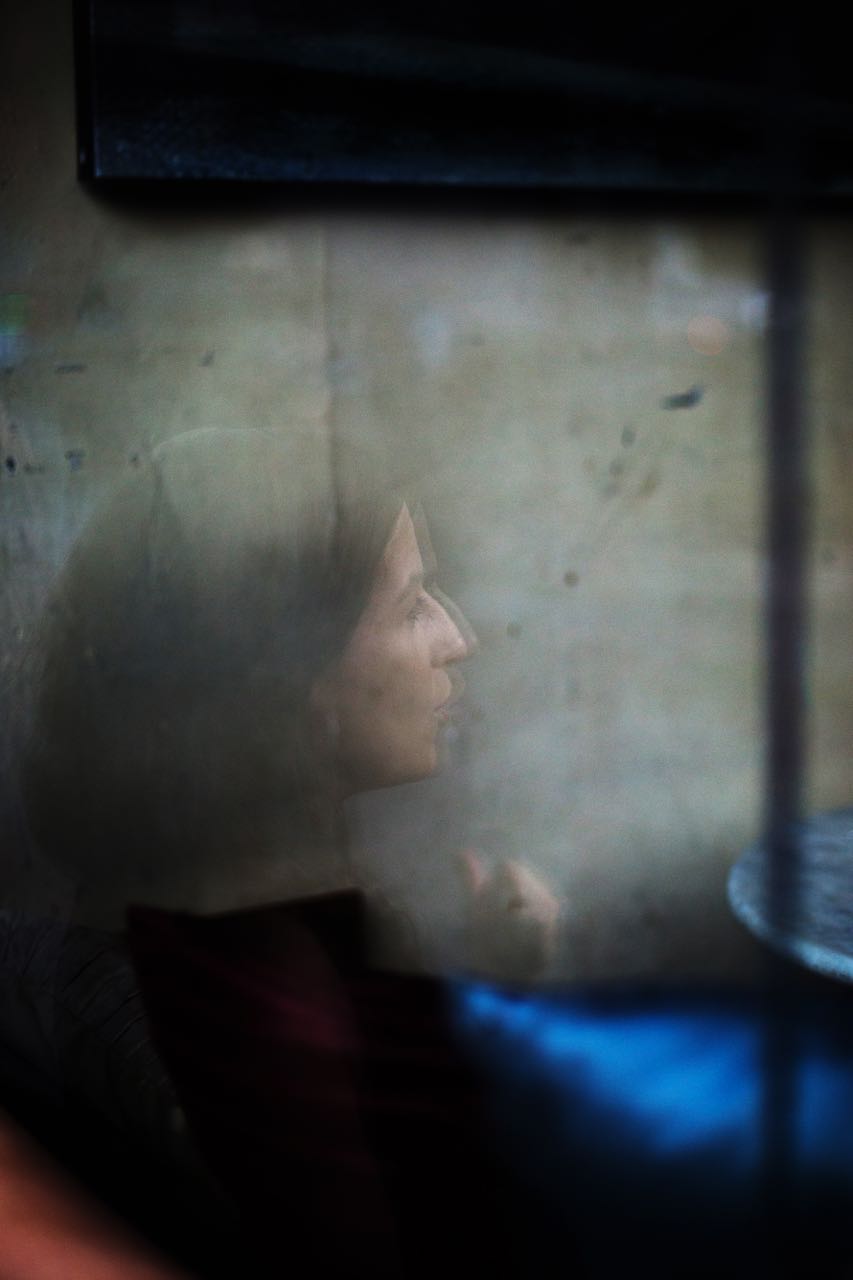
Do you have a dream project that you want to do?
My dream project is the one that I’ve been starting to work on, and once Twelfth Night is over, it’s going to be my main project, which is this musical about the suffrage movement. That to me feels like my dream project. I’ve known I’ve wanted to write musicals, but finding the story that feels uniquely mine to tell and that feels like I want to throw as much time and energy and love and sweat and tears into as you have to do for a musical, and to make an evening-long statement, has been my journey as an artist. I got turned on to the suffrage history by Rachel Sussman, who’s now one of the commissioning, creative producers on the project. She found me and sat me down and told me about the suffrage movement and it changed my life. It just blew my mind because I had no idea really about that history. I feel like it’s one of the major social movements of our country’s history that we’re not taught about and isn’t represented in art in the same way as say, the Revolutionary War or civil rights, or even second-wave feminism and all that. The fact that women couldn’t vote less than 100 years ago and [to get the right to vote] it took them being the first people to ever picket the White House and be political prisoners—although they weren’t acknowledged as such, but were jailed for protesting—petitioning the President for the right to vote. Were force fed in jail. Went on hunger strikes. It’s just such a dynamic, theatrical, explosive moment in history. I’m a relatively privileged girl out of the American school system and I didn’t learn about it. I’ve been someone who’s hungry for what my story is to tell and I’ve looked to myth and legend and taking male narratives and gender flipping them. When Rachel told me about this, I was like, it’s been in my backyard the whole time. Alice Paul, who’s a name that everyone should know, and we should have a Monday off from school for her in the same way you do for Martin Luther King who also obviously deserves it, but Alice Paul does, too. She’s the American Gandhi, Joan of Arc. I am in my mid-20s and it hadn’t yet crossed my radar and that was really alarming to me. I’m just so excited to make musicals. It should be the way to get that history out there specifically as a musical.
Yeah, totally.
Movies are great, books are great, albums are great, but musicals are these things that everyone gets to actually inhabit. Everyone’s been in Fiddler, everyone’s been in The Music Man. There are these things that every community and school actually becomes. I grew up obsessed with Ragtime and I knew a disproportionate amount about 1906. Now, so amazingly, kids are growing up knowing about the founding fathers via Hamilton. How awesome. I would love for this musical, for girls, to grow up playing Alice Paul, Lucy Burns, and all these other amazing women who don’t get their stories told. The only reason that I can live my life and pursue the arts and that I’m never questioned that that’s possible for me is only because of what they did. It’s almost like, what other story could I possibly tell but theirs? It just fired on all these cylinders for me and it’s been this exciting, creative awakening just to find it as an idea—by find it, I mean have Rachel Sussman change my life by telling it to me. I’ve been researching and I have this 40-page outline of the whole thing and I wanted to become an expert on the history and I feel like I’ve done that now. I feel like I know the history and I’m ready to dive in. This fall is when I’m going to go for that and I can’t wait.
It also so fits with musical theatre because of musicals being the only truly American art form.
Totally. Also, the suffrage movement was all about visual rhetoric. It was all about bright colors and parades and was this idea that just the written word alone and lectures or articles were no longer enough. They had to literally take it to the streets, which sounds obvious now, but in 1913 for a woman to walk out of her house and just walk down the main street, only whores did that. To walk in the streets, to take it to the streets, in itself was a revolutionary act. Let alone for 5,000 women to be marching on Washington in 1913. That’s a challenge for me, how to really underline how radical that was to picket the White House, which also feels like a given now. No one had done it. It seemed foolish. Also, I look at causes I care about like gun safety or gun violence prevention, all that, or even Planned Parenthood and women’s reproductive rights, the causes I care about now in 2016, am I standing at the White House with a sign? No. It’s not that I don’t care, but there’s a part of me that it hasn’t sunk in that I could be effective. What does it mean to actually be like, “I believe in this so hard, I’m going to push everything in my life aside and by any means necessary make this change.” And if that doesn’t work? Push back, new tactic, new tactic, new tactic. Go all the way to being on hunger strike in jail. That’s how the 19th Amendment got passed. What does it mean to believe in something so much that you’re going to give your entire life to it?

